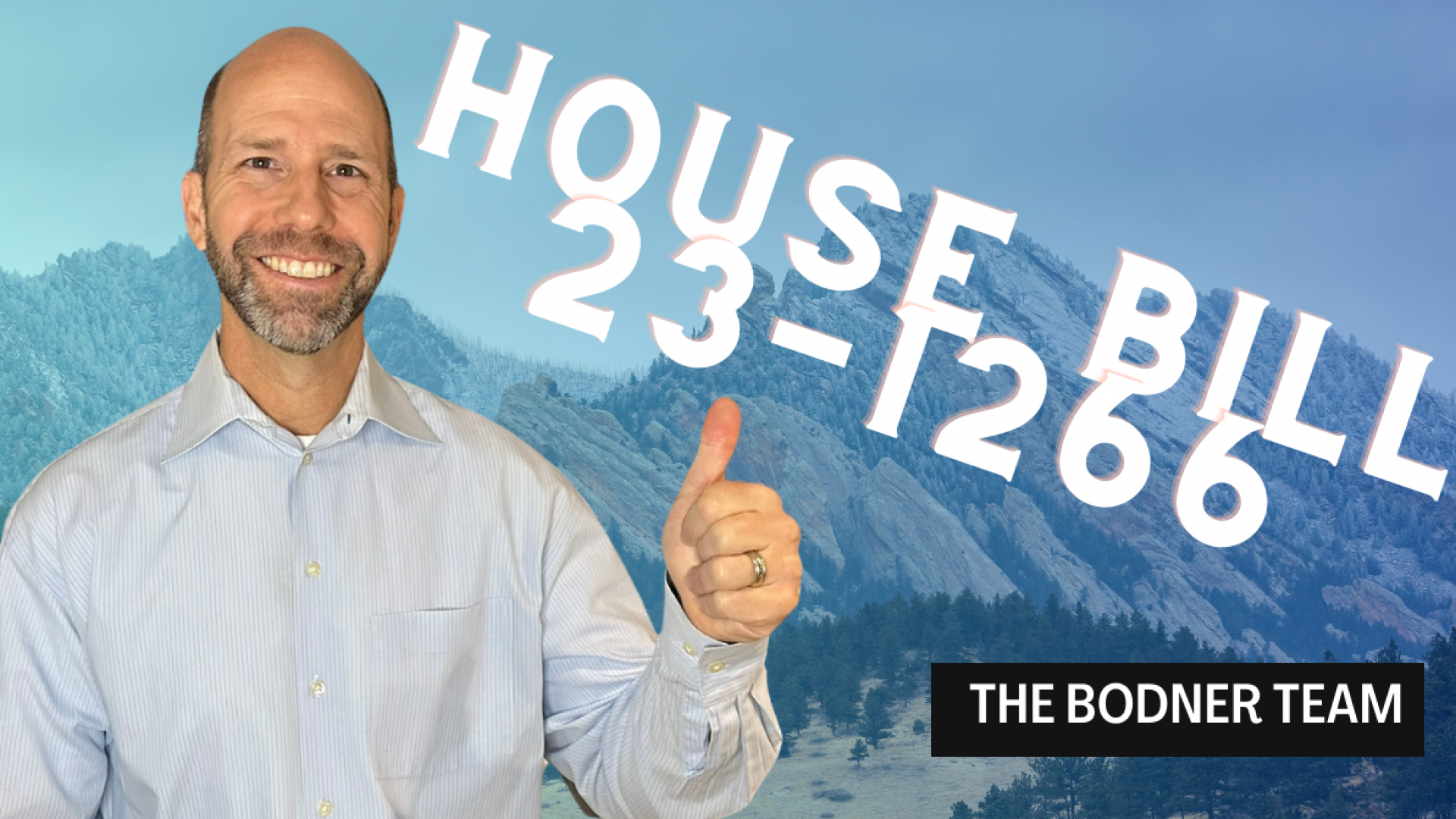Reverse mortgages have been around since 1988 and there have been dozens and dozens of revisions and improvements over the last 35+ years. Some of the best and most significant changes have just occurred in the last 10 years. In fact, I personally did not feel reverse mortgages were safe and I did not recommend reverse mortgages to my clients until 2017. It was not until the changes that occurred in 2014 and 2016 when HUD (Housing Urban Development) made two of the largest changes that made reverse mortgages better and safer for homeowners than ever before. The changes in 2014 were designed to protect younger spouses, and the rule changes in 2016 were designed to help ensure homeowners could afford their ongoing housing expenses and ultimately reduce the risk of default.
Then the Marshall Fire occurred on December 30, 2021. It was around 14 months later, a homeowner in Superior who lost his home in the fire, was being threatened with foreclosure by his reverse mortgage company. Fortunately, this homeowner and his family got in touch with the right people and they were able to get the attention of Boulder County Treasurer Paul Weissmann, local news reporter Shawn Boyd, and State Representative Kyle Brown. Around three months later in June of 2023, Rep. Kyle Brown was instrumental in helping to get a new law passed in Colorado to further protect homeowners with reverse mortgages. The law that that was passed in 2023 was House Bill 23-1266 (HB 1266). This new law suspends a reverse mortgage from the repayment requirement when a “force majeure” (a natural disaster or act of war) renders the subject property uninhabitable as a principal residence. This law went into effect immediately.
So, let’s back up a few steps. A reverse mortgage is a type of mortgage that does not require a homeowner to make any monthly mortgage payments of principal or interest (they must still pay property taxes, homeowner’s insurance, and HOA dues). In fact, the homeowner does not need to repay the reverse mortgage until a maturity event occurs. A maturity event is typically one of the following:
- The last surviving borrower sells or conveys the title of the home.
- The last surviving borrower passes away.
- Or the property is no longer maintained as the borrower’s principal residence.
This new law states that a temporary absence from the home does not cause the reverse mortgage to become due and payable if the temporary absence is a result of a natural disaster or other force majeure, and the homeowner does all of the following:
- The borrower is engaged in repairing the home with the intent to reoccupy the home as a principal residence or to sell the home.
- The borrower stays in communication with the lender and responds to inquiries while the home is being repaired.
- And the borrower complies with all other terms and conditions of the reverse mortgage.
Therefore, this new law has once again made reverse mortgages even safer for homeowners as global warming and climate change are keeping us all on our toes with more natural disasters like floods, fires tornados, and severe weather than we have historically seen.
- Force Majeure is defined by HB 1266 as “fire, explosion, action of elements, unusually severe weather, act of God, act of war, or any other cause that is beyond the control of the borrower and that could not have been prevented by the borrower while exercising reasonable diligence”.





